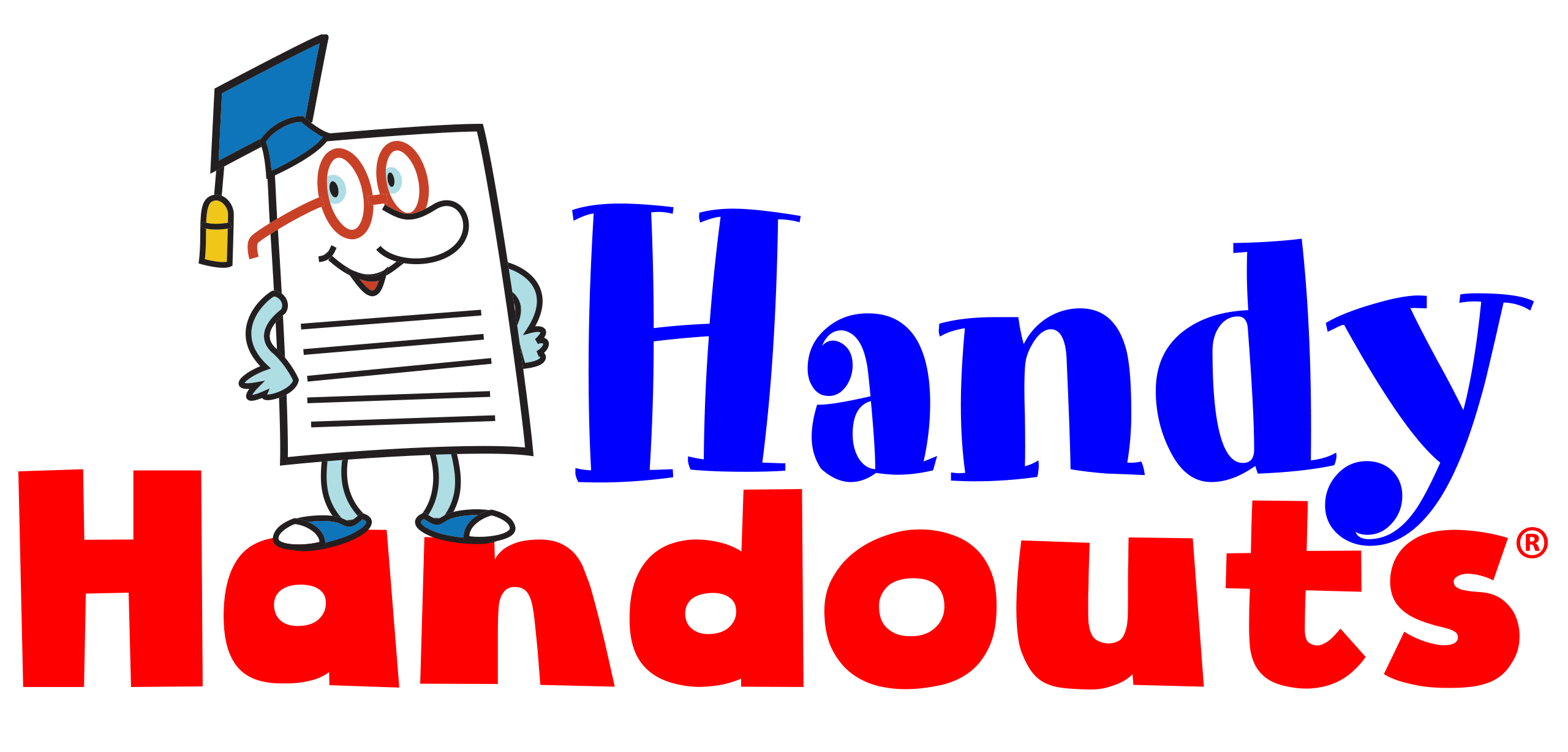By Natalie J. Dahl, M.S., CCC-SLP
As a child’s average expressive phrase/sentence increases, so does his or her ability to use new grammatical structures. These structures increase in complexity over time and are separated into stages, known as “Brown’s Stages.” Roger Brown identified these stages to help understand and predict typical expressive language development in children.
Each stage has an age range (in months), an MLU range, structure types, and examples. MLU stands for “Mean Length of Utterance” – this does not always refer to number of words, but to number of morphemes, or units or meaning, in an utterance. For example, “happy” contains only one unit of meaning, so it is one morpheme. However, “unhappy” is still one word, but has two units of meaning (un-happy) and is two morphemes. “Happiest” is one word, but has two units of meaning (happi-est) and is two morphemes. A speech-language pathologist (SLP) will take a sample of a child’s expressive language and analyze it to determine the child’s MLU and will also refer to Brown’s Stages to identify where the child is in his or her language development.
STAGE I
| Age |
MLU |
Structure |
Examples |
| 12-26 months |
1.0-2.0 |
50-60 word vocabulary; basic phrases/sentences that show communicative intent |
more water
no juice
my toys |
STAGE II
| Age |
MLU |
Structure |
Examples |
| 27-30 months |
2.0-2.5 |
present progressive (-ing verbs)
in
on
-s plural (regular plurals) |
jumping off
in cup
put on
my toys |
STAGE III
| Age |
MLU |
Structure |
Examples |
| 31-34 months |
2.5-3.0 |
irregular past tense
's possessive
uncontractible copula (main verb;full form of 'to be') |
me fell down
mommy's shirt
he was happy |
STAGE IV
| Age |
MLU |
Structure |
Examples |
| 35-40 months |
3.0-3.75 |
article
regular past tense (-ed verbs)
3rd person regular, present tense |
in the bucket
I laughed
he swims fast |
STAGE V
| Age |
MLU |
Structure |
Examples |
| 41-46+ months |
3.75-4.5 |
3rd person irregular
uncontractible auxiliary(helping verb; full form of 'to be')
contractible copula (main verb; shortened form of 'to be')
contractible auxiliary (helping verb; shortened form of 'to be') |
kitty does tricks
Dad is laughing
it's hot outside
we're coming over |
You can use this chart to understand the development of a child’s language skills. For further explanation or specific questions or concerns about a child, please contact a speech-language pathologist.
Resources


